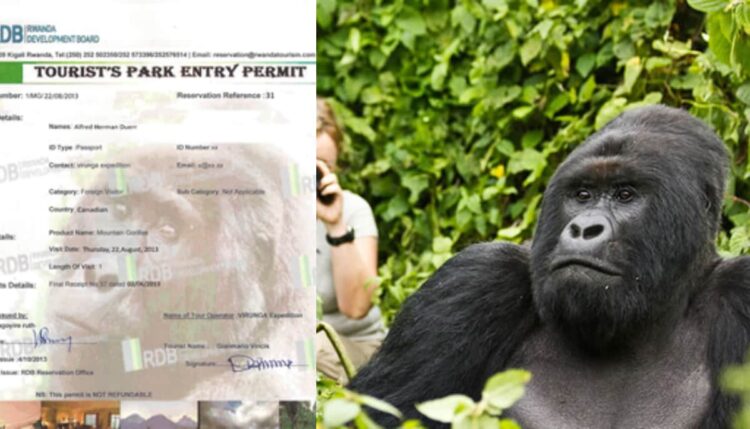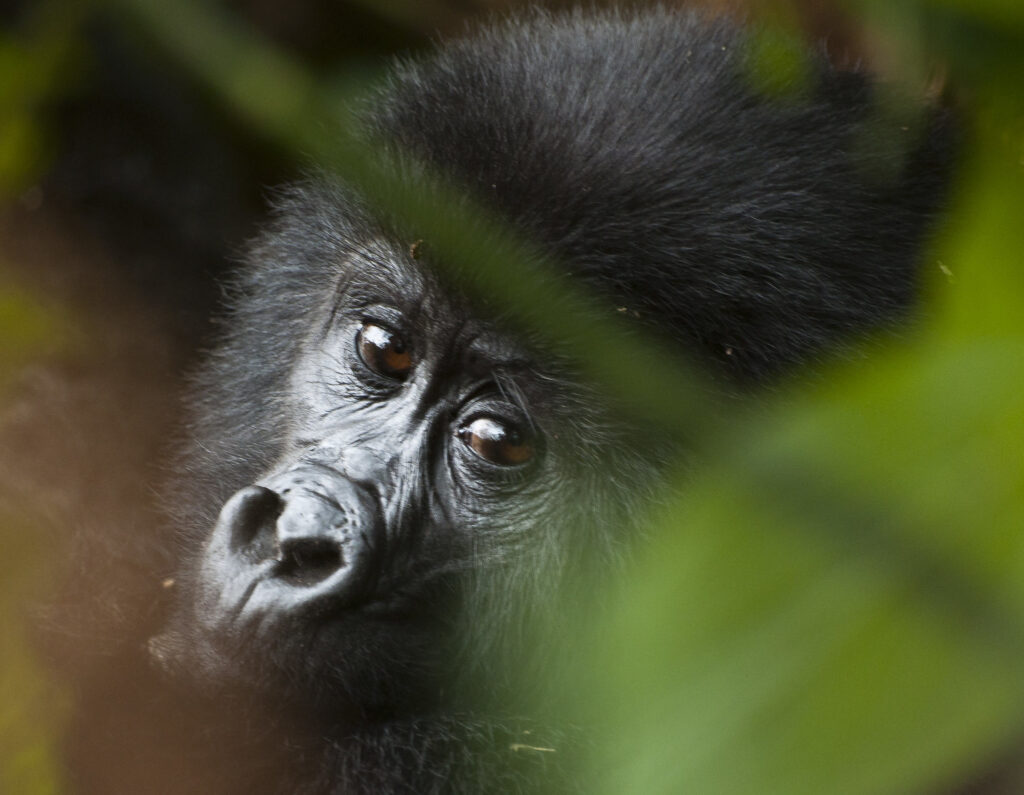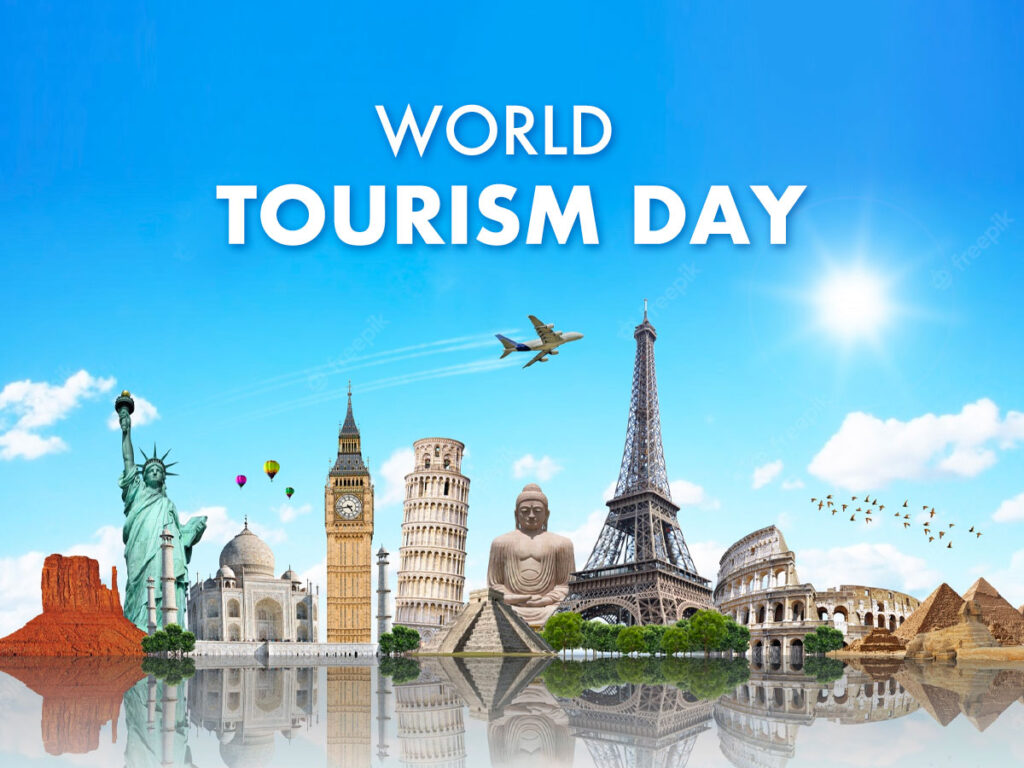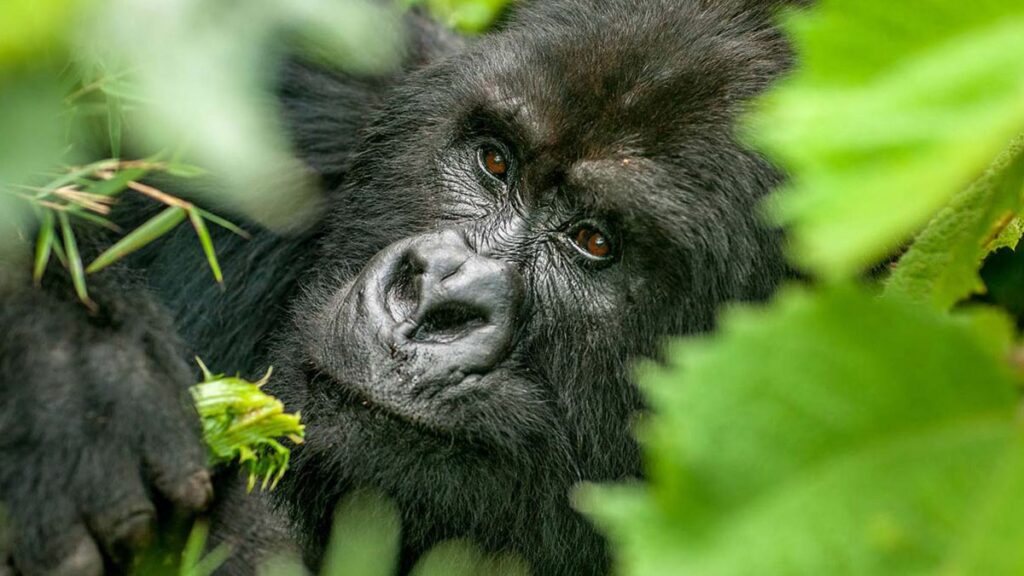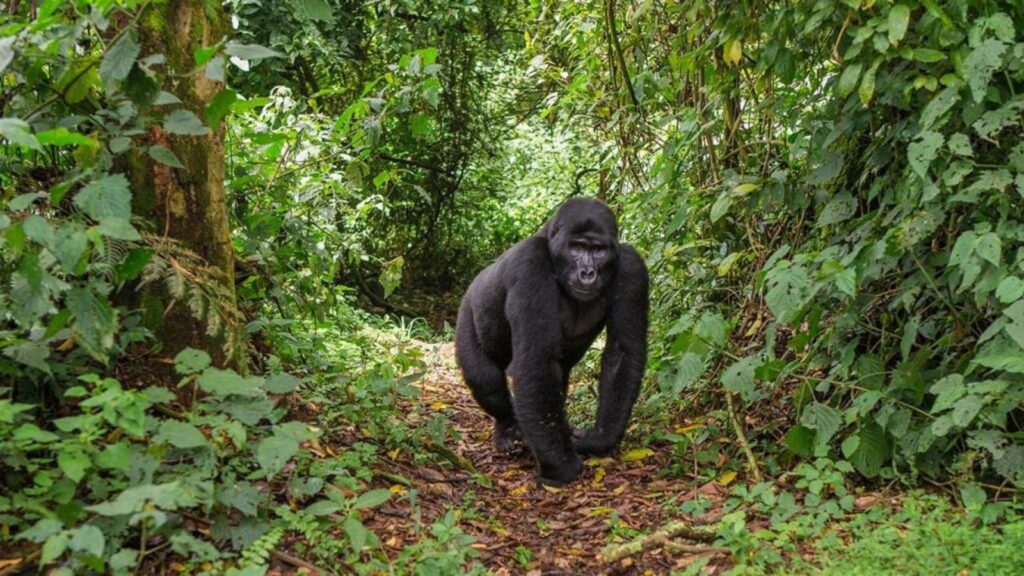What Is a Gorilla Permit and Why You Need It in Rwanda
A gorilla trek in Rwanda is one of the most extraordinary wildlife experiences on earth. Deep within the mist-covered slopes of Volcanoes National Park, travelers can stand just meters away from a family of endangered mountain gorillas. But before setting foot on these forest trails, every visitor must secure one essential document — the gorilla permit. Understanding what a gorilla permit is, how it works, and why it’s required ensures that your adventure runs smoothly and responsibly.
Understanding the Gorilla Permit
A gorilla permit is an official authorization issued by the Rwanda Development Board (RDB) that allows you to take part in a guided trek to see mountain gorillas in Volcanoes National Park. It grants visitors access to one of the park’s habituated gorilla families for a strictly regulated one-hour encounter.
Each permit includes the cost of park entry, ranger services, security, and conservation fees that directly support the protection of these endangered primates. The number of permits issued daily is limited to maintain minimal disturbance to the gorillas and their fragile ecosystem.
Why the Permit Is Required
The gorilla permit system was introduced to ensure both conservation and sustainability. Mountain gorillas share over 98% of their DNA with humans, making them highly susceptible to human diseases. By limiting the number of visitors, Rwanda reduces stress on the gorillas and ensures every trek is safe, controlled, and meaningful.
The permit fee also plays a vital role in protecting the species. A significant portion of every permit sold goes directly into anti-poaching patrols, veterinary programs, and ranger training. Another percentage benefits the communities living near Volcanoes National Park, funding schools, roads, and local businesses.
Every traveler who buys a gorilla permit contributes directly to Rwanda’s conservation success story — turning tourism into a force for preservation.
How Much Does a Gorilla Permit Cost in Rwanda
A Rwanda gorilla permit costs USD 1,500 per person per trek. The fee grants travelers a rare opportunity to meet the majestic mountain gorillas in their natural home. This cost carries more than just a price tag — it represents a powerful commitment to conservation and community development.
The permit fee covers park entry, professional ranger guides, and armed escorts who ensure your safety during the trek. It also includes the guided hike to and from the gorilla family. However, travelers pay separately for accommodation, meals, transport, and porter services. The Rwanda Development Board issues each permit to a specific individual, and authorities do not allow transfers. Because daily permits are limited, you should book early to avoid missing your trekking date.
How to Obtain a Gorilla Permit
Travelers can obtain a Rwanda gorilla permit through the Rwanda Development Board (RDB) or via authorized tour operators such as Gorilla-Permits.com
. Working with a licensed operator saves time and guarantees a secure booking process.
When booking, you must provide your full name, passport number, and exact travel dates. You complete payment in advance, and the RDB confirms your trekking date once it allocates your permit. To secure your place, book your permit at least three to six months before travel — especially between June and September or December and February, when demand peaks.
What the Permit Covers
A Rwanda gorilla permit grants access to one of the twelve habituated gorilla families in Volcanoes National Park. Authorities limit visits to eight tourists per group per day to minimize stress on the gorillas. Trained park rangers, guides, and trackers lead each trek, ensuring both safety and respect for the animals.
The permit covers the guided trekking experience and all ranger and conservation fees. Travelers organize their accommodation, transportation, porter services, and gratuities separately, usually through their safari operator.
Why Rwanda Is Worth the Permit Cost
Rwanda delivers one of Africa’s most organized and ethical gorilla trekking experiences. The country’s clear commitment to conservation, visitor safety, and community welfare sets a global standard. The permit fee directly funds habitat protection, anti-poaching patrols, and community development projects around Volcanoes National Park.
Travelers enjoy Rwanda’s efficiency and accessibility. The journey from Kigali to Volcanoes National Park takes only two to three hours on paved roads. The country also trains expert guides who share detailed insights into gorilla behavior and forest ecology. Each trek feels intimate and respectful, allowing meaningful encounters between people and gorillas.
Every traveler who buys a gorilla permit helps protect one of the world’s most endangered species while empowering local communities. This shared effort makes every trek more than an adventure — it becomes a direct act of conservation.
Conservation and Community Impact
Every gorilla permit sold in Rwanda tells a story of hope. The revenue funds anti-poaching patrols, veterinary care, and habitat restoration. It also supports nearby communities through education, healthcare, and infrastructure development.
Local residents who once depended on forest resources for survival now benefit from tourism income and employment. This shared prosperity has made Rwanda a model of conservation-driven tourism in Africa.
Plan Your Gorilla Trek with Experts
Securing a gorilla permit can feel overwhelming, especially with limited availability and strict booking procedures. That’s where Gorilla-Permits.com
comes in. Our expert team assists travelers in reserving valid gorilla permits, planning treks, and arranging full safari packages across Rwanda, Uganda, and Congo.
Booking through a licensed operator guarantees authenticity, smooth coordination, and peace of mind. With your permit confirmed, you can focus on the excitement of meeting the gentle giants of Volcanoes National Park.
Inquire and book today at Gorilla-Permits.com—your trusted gateway to Rwanda’s unforgettable gorilla trekking experience.

